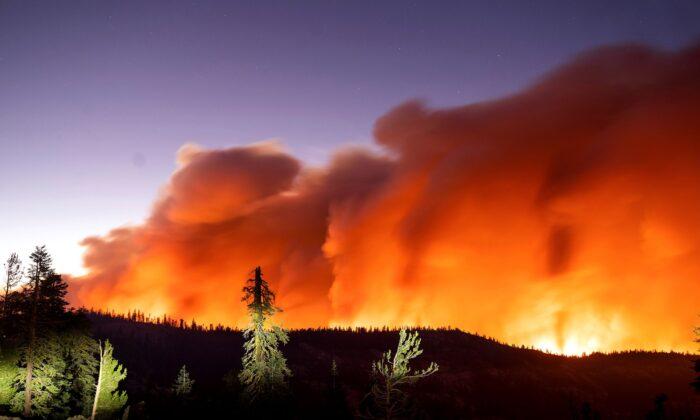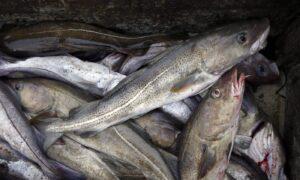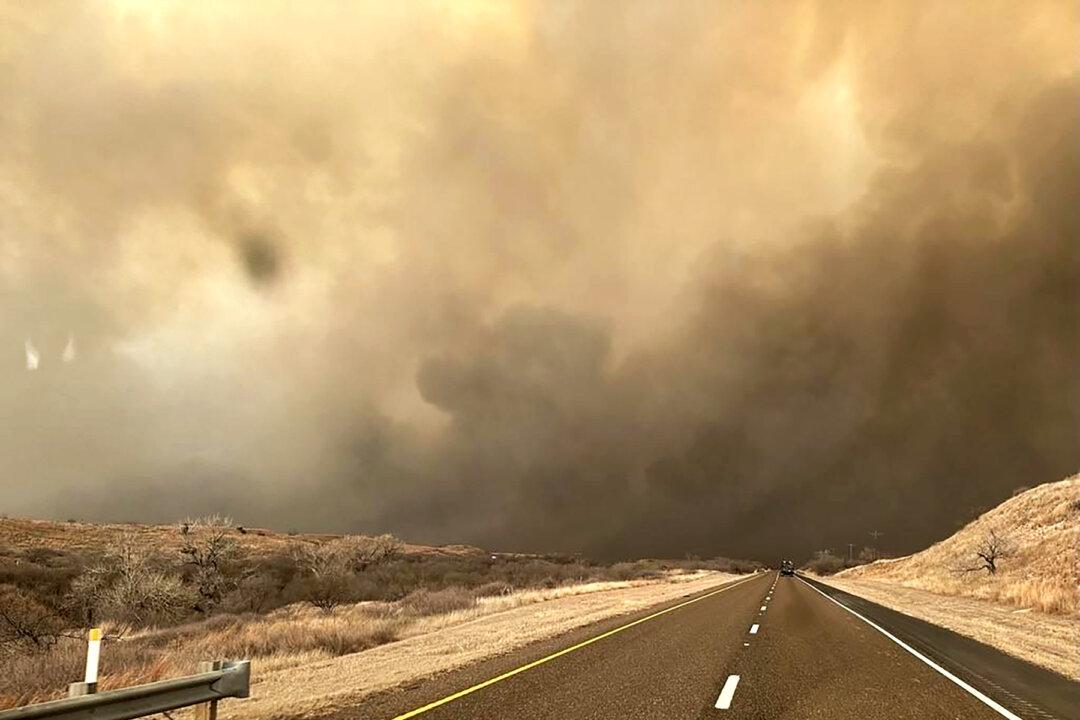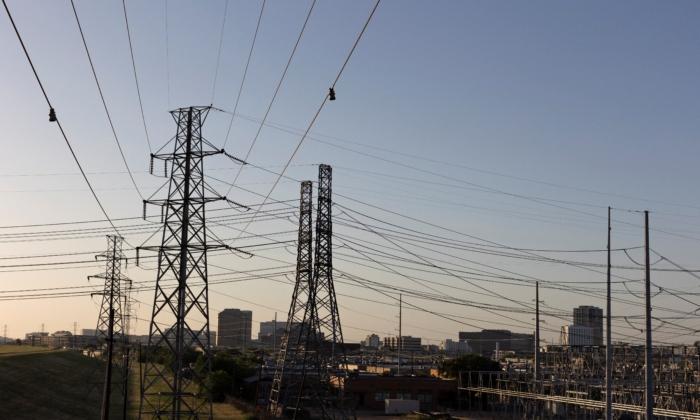The recent treatment of two studies on climate change demonstrate just how corrupt the field of climate science has become.
One study that passed peer review, was published, and was subsequently cited in numerous other studies, was retracted a year and a half later by the relatively obscure European Physical Journal Plus, under pressure from prominent climate researchers and the climate alarmist media.
In the paper, “A critical assessment of extreme events trends in times of global warming,” a team of Italian researchers in the fields of physics and meteorology reviewed the literature and examined the data with regard to extreme weather events. They found no increasing trends for heatwaves, tropical cyclones, extreme precipitation events, tornadoes, droughts, floods, and crop failures.
Other researchers and the media didn’t like the study’s conclusions and applied pressure to the journal to withdraw the paper, which it, in a seemingly craven act of cowardice and intellectual dishonesty, did. The paper was retracted not because any identifiable errors were found in it, or any faulty data was included in it—in other words, not because it was false—but because, in the journal’s words, “Concerns were raised regarding the selection of the data, the analysis, and the resulting conclusions of the article. In light of these concerns ... the Editors-in-Chief no longer have confidence in the results and conclusions reported in this article.”
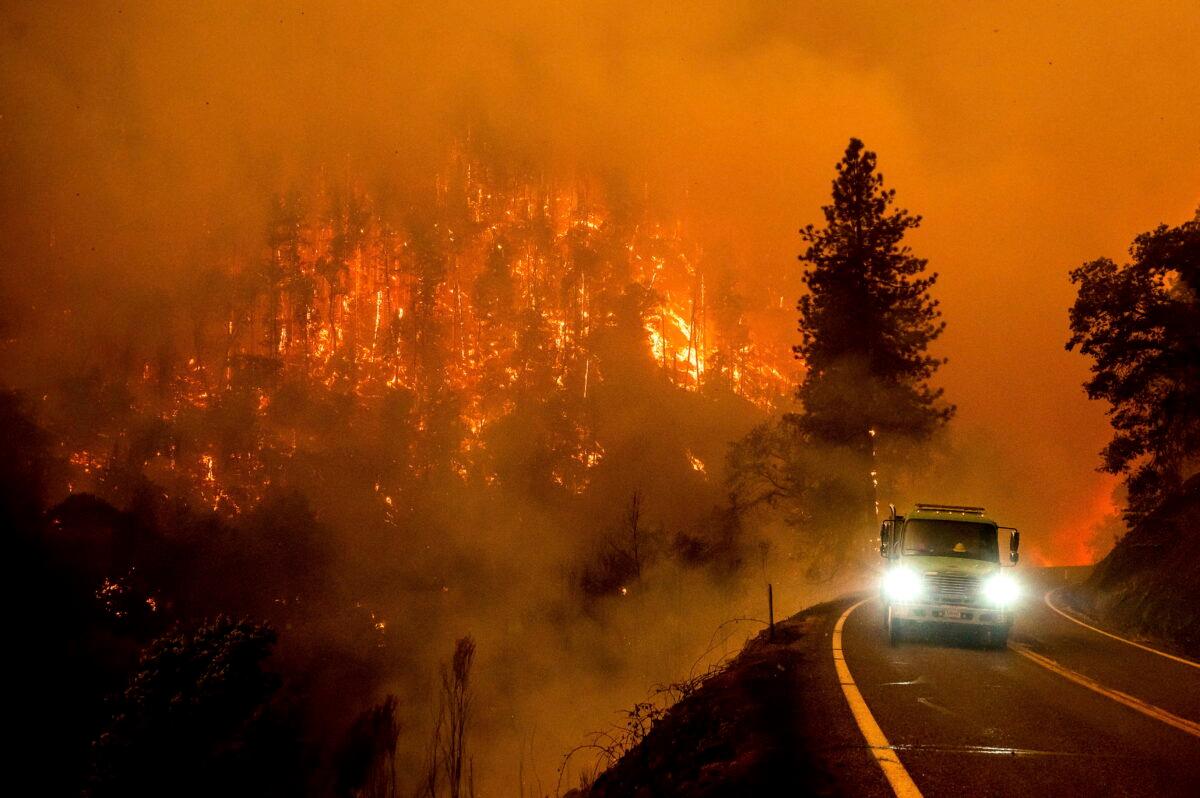
And then there’s the second recent publication demonstrating the way that the pressure to produce research conforming to the supposed consensus that a climate crisis exists has undermined science in the field.
Concerning computer model inadequacy, the authors wrote, “Some portion of the change in wildfire behavior is attributable to anthropogenic climate warming, but formally quantifying this contribution is difficult because of numerous confounding factors and because wildfires are below the grid scale of global climate models.”
In his Free Press article, Mr. Brown stated:
“I just got published in Nature because I stuck to a narrative I knew the editors would like. That’s not the way science should work.
“This matters because it is critically important for scientists to be published in high-profile journals; in many ways, they are the gatekeepers for career success in academia. And the editors of these journals have made it abundantly clear, both by what they publish and what they reject, that they want climate papers that support certain preapproved narratives—even when those narratives come at the expense of broader knowledge for society.
“To put it bluntly, climate science has become less about understanding the complexities of the world and more about serving as a kind of Cassandra, urgently warning the public about the dangers of climate change.”
There are several takeaways from these two instances of scientific bullying and not telling the truth, the whole truth, and nothing but the truth. Academics who don’t adhere to the approved narrative concerning climate change as defined by a cabal of scientific and media elites will be punished. But if you play the game as the cabal has set the rules, you can get published and your results hyped by the media. This only comes at the expense of an accurate and honest representation of the truth about the world’s climate.
As Mr. Brown admits, hewing strictly to the climate crisis narrative in order to get published “distorts a great deal of climate science research, misinforms the public, and most importantly, makes practical solutions more difficult to achieve.”
The final moral of this shameful episode in the annals of the climate change debate is that to the extent there’s a consensus that humans are causing catastrophic climate change, as determined by counting journal entries supporting or disputing the claim, it’s ginned up through the manipulation of the peer review process.
Consensus is generated by pressure on journals and the selection of or pressure on reviewers to approve only papers that endorse climate alarmism. Horror of horrors, should a paper get through peer review that doesn’t adhere to the narrative, pressure is then applied to the journal to rescind or disavow it, with threats to get its editors removed or by prominent scholars saying that they won’t publish in or cite papers in the offending journal.
That’s not science; that’s Machiavellian politics in the pursuit of political goals.
